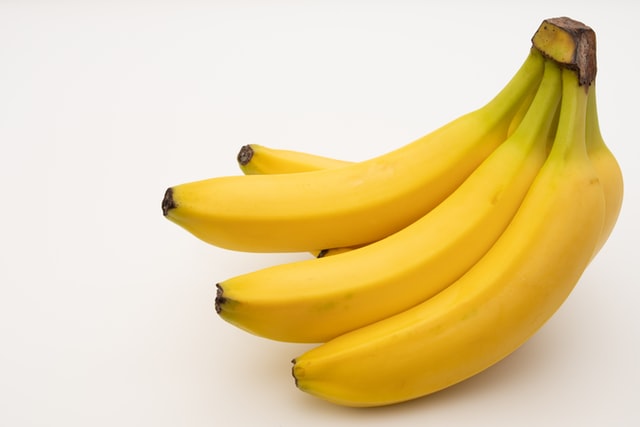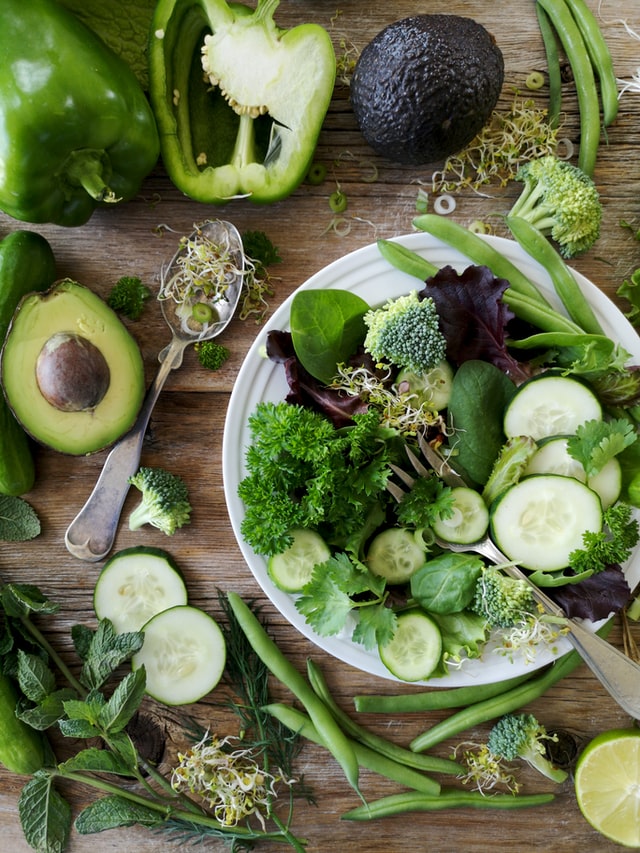
Results from a trial reported on January 26, 2022, in the BMJ revealed a reduced risk of developing autoimmune diseases among men and women who received vitamin D with or without omega-3 fatty acids from fish oil in comparison with a placebo. Autoimmune diseases occur when the body’s immune system attacks normal tissues, and, they often require treatment with medications that have numerous side effects that can be severe.
“This study of more than 25,000 older adults in the US provides evidence that daily [intake of] 2000 IU/day vitamin D or a combination of vitamin D and omega-3 fatty acids for five years reduces autoimmune disease incidence, with more pronounced effects found after two years of [intake],” the authors wrote. “The clinical importance of these findings is high because these are well tolerated, non-toxic…and other effective treatments to reduce the incidence of autoimmune diseases are lacking.”
The trial included 12,786 men aged 50 and older and 13,085 women who were at least 55 years of age upon enrolment in the Vitamin D and Omega-3 Trial (VITAL). Participants received either 2,000 IU vitamin D or a matching placebo, plus 1,000 mg omega-3 fatty acids or a placebo to be consumed daily for a median follow-up period of 5.3 years.
- Among men and women who received vitamin D with or without omega-3s, the risk of developing an autoimmune disease during follow-up was 22% lower than the placebo.
- Among participants who were given both vitamin D and omega-3, the risk of developing an autoimmune disease was 31% lower than those who received both placebos.
- Furthermore, when the researchers excluded data from the first two years of follow-up to better evaluate the effect of treatment, trial participants who received vitamin D had a 39% lower risk of autoimmune disease than the placebo group.
“It is exciting to have these new and positive results for non-toxic vitamins and [nutrients],” stated senior author Karen Costenbader, MD, MPH, of Brigham and Women’s Hospital. “When my patients, colleagues, or friends ask me which vitamins or [nutrients] I’d recommend they take to reduce risk of autoimmune disease, I have new evidence-based recommendations for women aged 55 years and older and men 50 years and older.”

 Irritable Bowel Syndrome (IBS) is, sadly, an incredibly common condition in Australia. According to the Victorian Government’s Better Health Channel, around one in five Australians experience the unpleasant symptoms of IBS.
Irritable Bowel Syndrome (IBS) is, sadly, an incredibly common condition in Australia. According to the Victorian Government’s Better Health Channel, around one in five Australians experience the unpleasant symptoms of IBS.